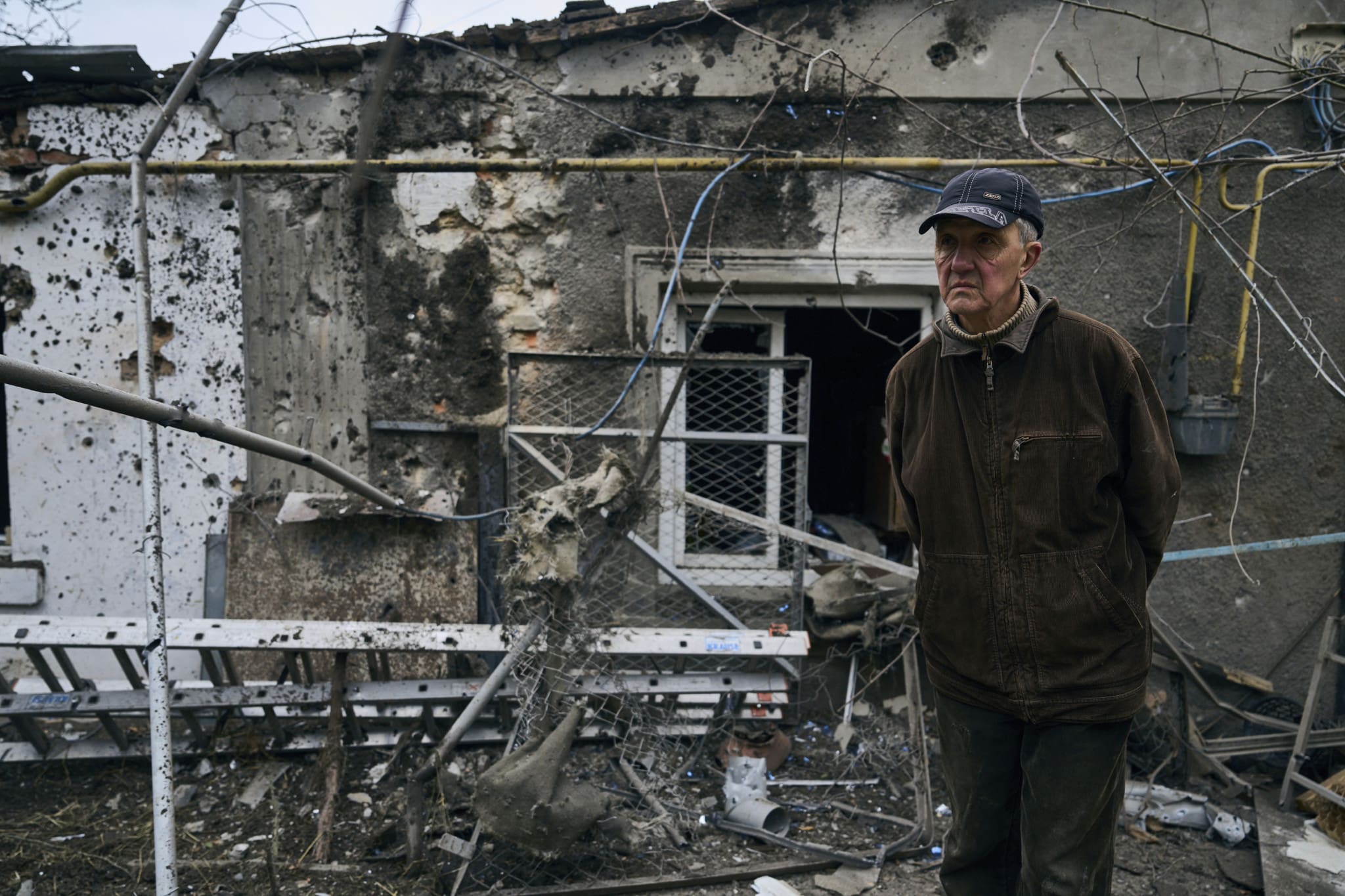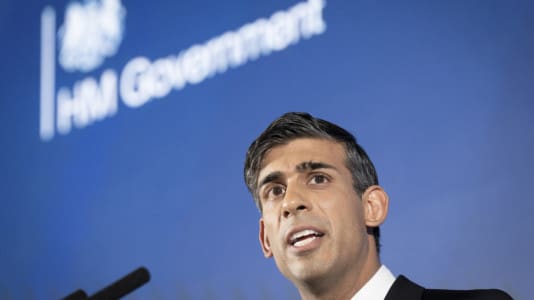Despite the public affirmations by Western politicians of their unwavering support for Kyiv across the global front pages, fatigue regarding the ongoing conflict in Ukraine is firmly settling in behind closed doors.
The French continue to supply Ukrainian President Volodymyr Zelensky’s troops with tanks, and the U.S. and Germany are following suit, however, German newspaper Die Welt reports that almost all allies, with the exception of perhaps Poland, are doing far less than they could to help turn the tide of the conflict in Ukraine’s favor.
Publicly, Zelenksy’s allies continue to offer their assistance. NATO’s Secretary-General Jens Stoltenberg recently claimed that paradoxically, “military support for Ukraine is the quickest way for peace.”
French President Emmanuel Macron echoed the sentiment, vowing to supply Kyiv with AMX-10 RC reconnaissance tanks and proclaiming: “Until victory, until peace returns to Europe, our support for Ukraine will not falter.”
[pp id=61122]
However, in reality the armaments and military support on offer to Kyiv will only prolong the conflict, rather than turn the tide in Kyiv’s favor.
Die Welt’s Brussels correspondent, Christoph B. Schiltz believes Zelensky is growing frustrated with the public platitudes and lack of follow-up, although such annoyance is reserved for closed doors to avoid angering the West.
Schiltz questioned why the delivery of arms by the West has been so sluggish.
“The U.S. has 2,757 fighter jets, but so far they have not delivered a single one. Thus, the international community is de facto allowing Moscow to systematically destroy Ukraine’s entire electricity supply,” he wrote.
[pp id=60793]
With Moscow struggling and retreating in the face of the limited Western technology and equipment being deployed on the battlefield, if Western fighter jets, advanced drones, and main battle tanks were deployed, the question is how long Russian forces could hold out using conventional weapons.
In addition, the United States has only sent 20 M142 High Mobility Artillery Rocket Systems (HIMARS) to the region, and has as of yet refrained from providing F-16 or A-10 fighter jets which could actually cast a sizeable dent in the Russian offensive line.
“Why doesn’t the US destroy Russian satellite communications to significantly limit the range of Russian missile salvos? And how could it be that 30,000 Russian fighters with 2,500 vehicles were able to withdraw from the Kherson bridgehead without a shot being fired?” asked Colonel Markus Reisner, a leading European military expert from the Federal Ministry of Defense in Vienna, cited by Die Welt.
Schiltz reported that “anyone who asks around with politicians and diplomats from NATO and the EU in Brussels, and other European capitals, will come to the conclusion… that the West is currently working towards a ceasefire” later this year, although nobody says this out loud, he claimed.
[pp id=60622]
“There is no sign that there will be a winner in this war in the foreseeable future,” Schiltz reported a top EU diplomat as saying, while a NATO military officer added: “We underestimated Russia’s staying power after Ukraine’s successes in the summer. A ceasefire would probably be better than further escalation, which could then get out of hand.”
The private view of Western leaders may perhaps fall in line with wider public opinion on the Ukrainian conflict. Signs of weariness among Germans are clear — a survey conducted in October revealed 40 percent of respondents in Europe’s economic powerhouse believe that NATO provoked Russia into invading Ukraine, a figure that rises to 59 percent in the country’s formerly-communist east.
In Italy, public support for the supplying of armaments to Ukraine remains at around 41 percent, while skepticism of support for Ukraine is prevalent in Slovakia, Bulgaria, and of course Hungary, whose Prime Minister Viktor Orbán who has retained a policy of neutrality on the conflict next door.
Europeans have shown their discontent for the conflict which has shown no signs of being won on the battlefield, as Czechs marched in Prague in October against ongoing allied support for Ukraine, and tens of thousands marched in Rome in November calling on the Meloni administration to cease deliveries arms to Kyiv.
A growing trend of discontent has emerged across the continent after almost a year of fighting has produced little but death, sky-high inflation, and the profligate spending of taxpayers’ cash across the West.






